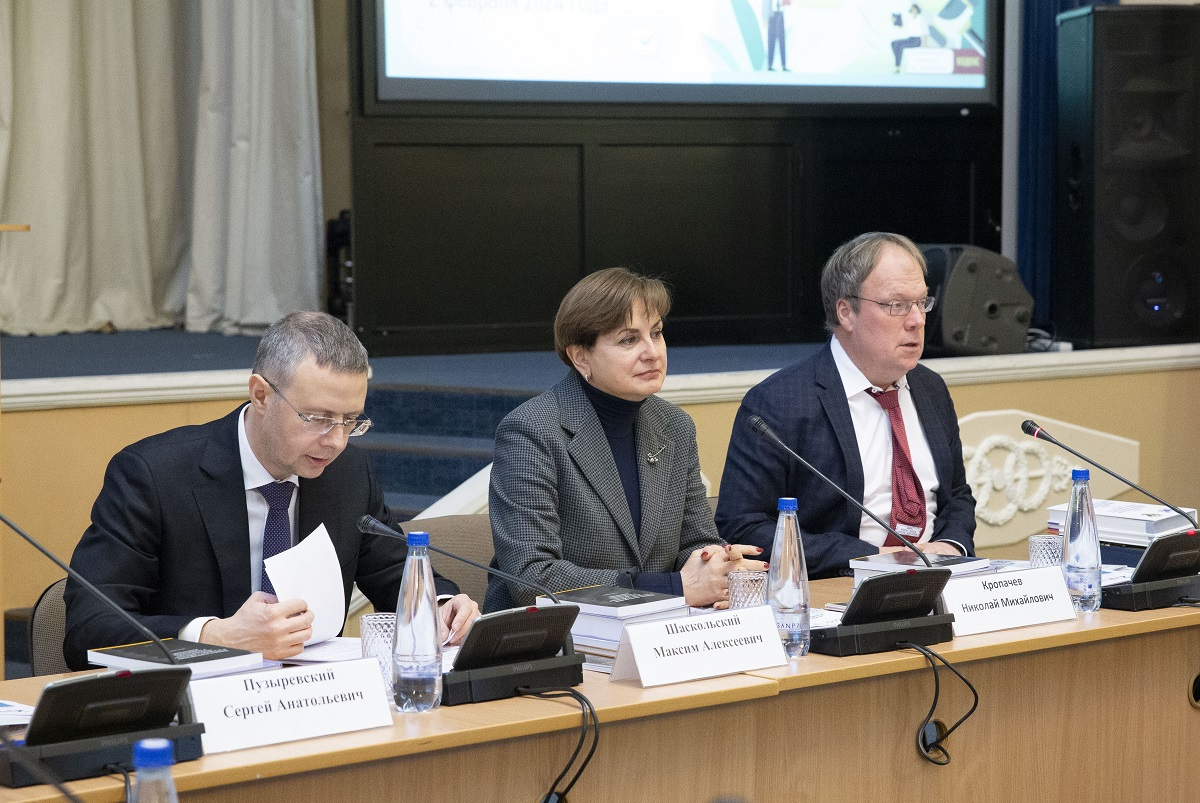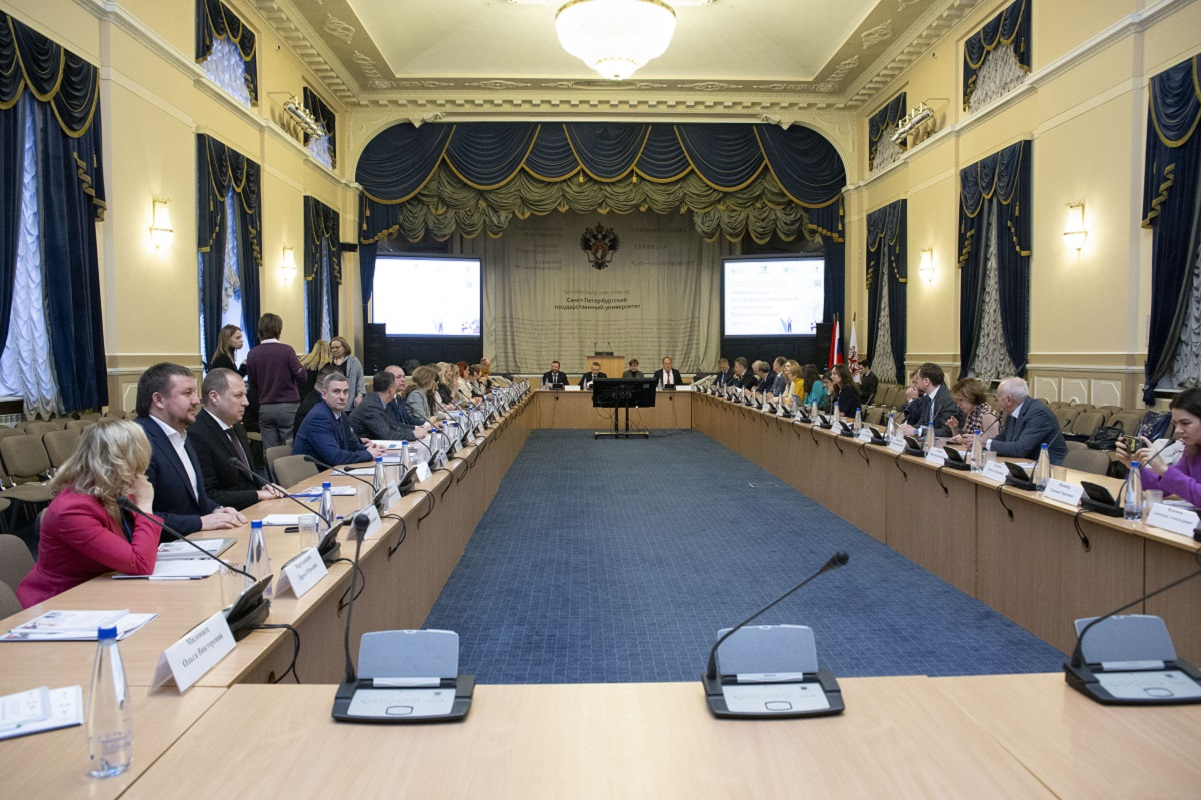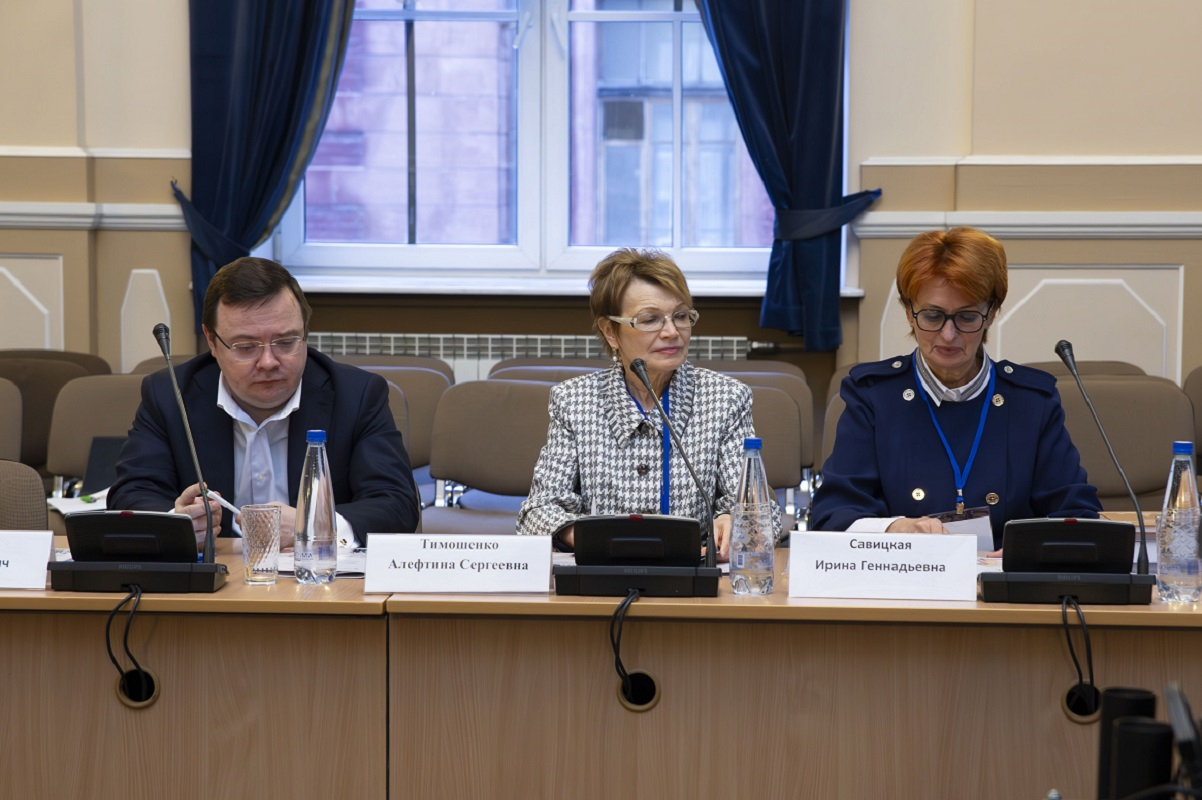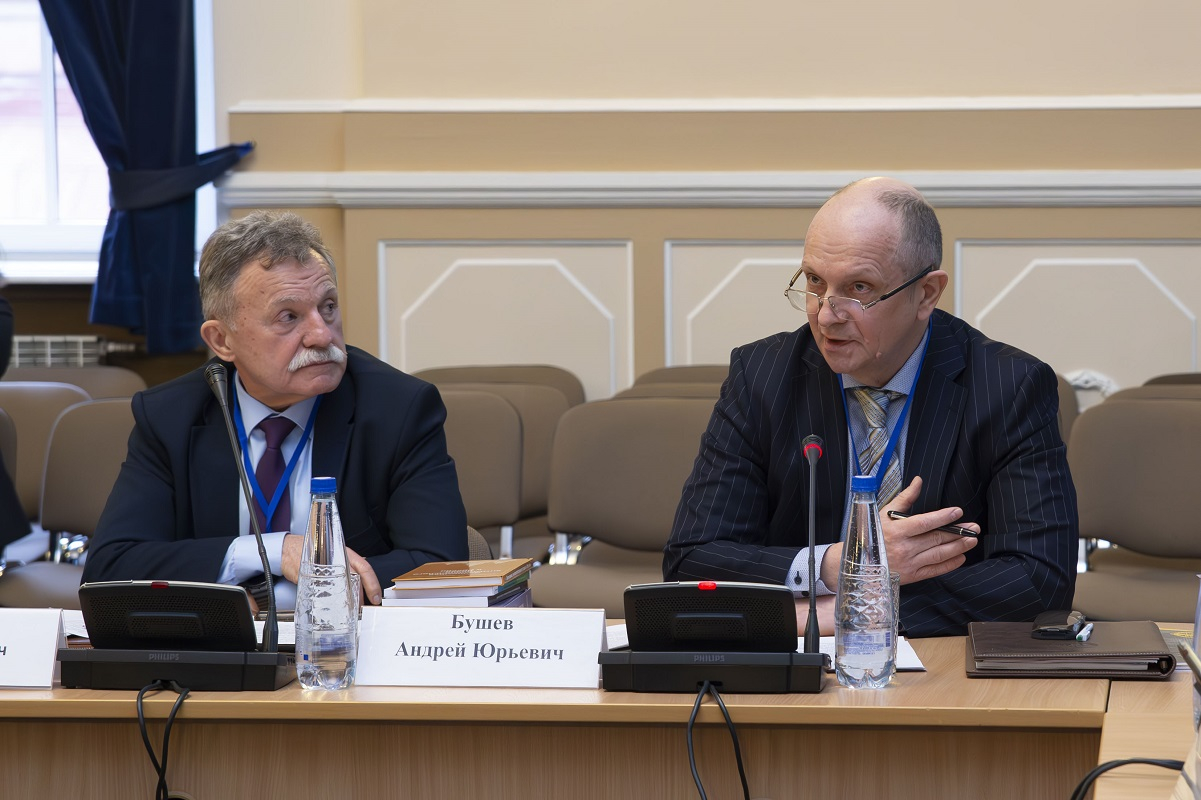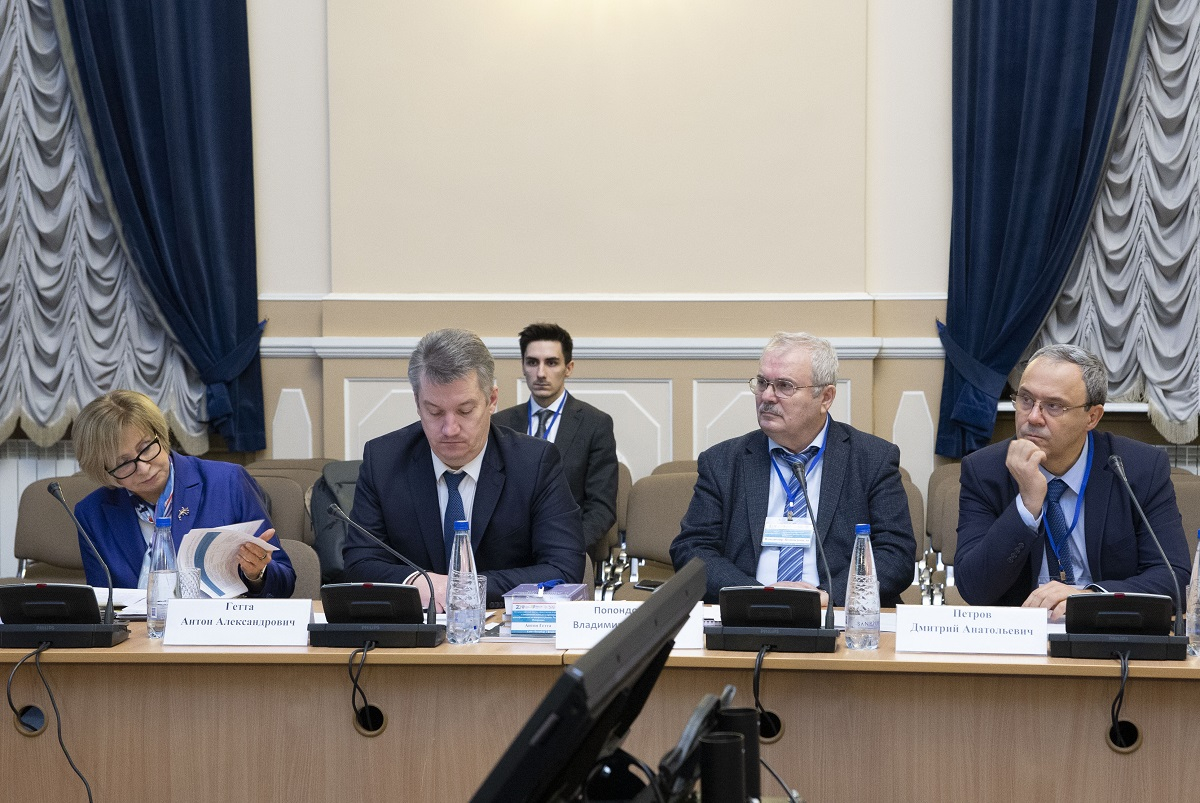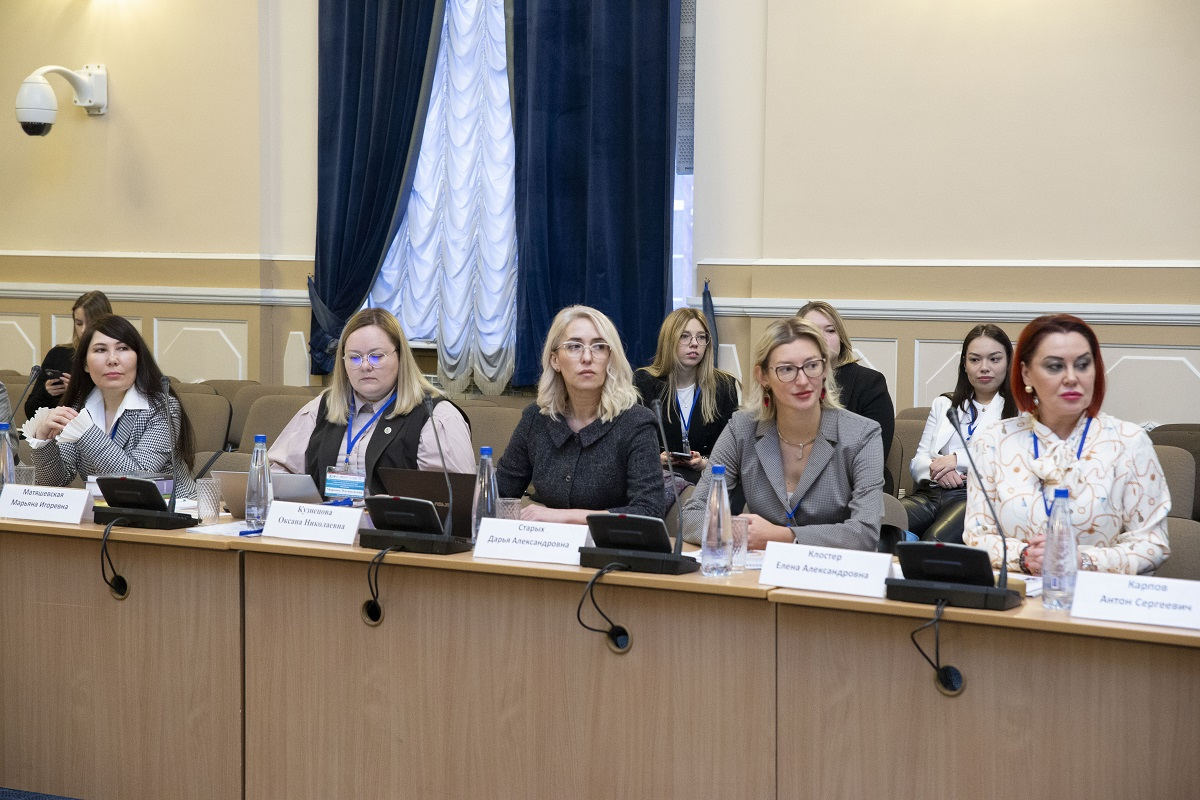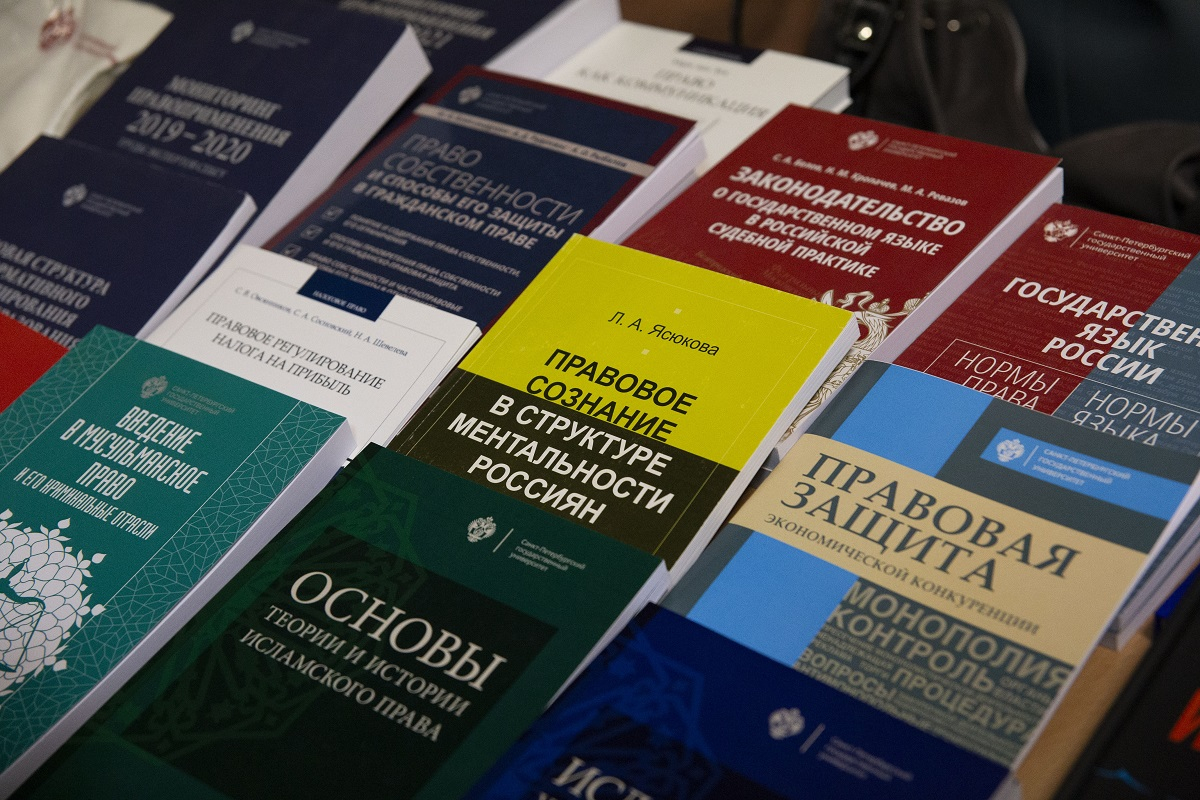Russia to develop domestic procedures for calculating prices on commodity markets
One of the priority tasks of antimonopoly regulation today is to control the prices of socially important goods. This was discussed by experts at the 7th International Research and Practical Conference "Antimonopoly Regulation of Pricing in Commodity Markets of the Russian Federation" held at St Petersburg University.
Among the participants were more than 110 experts, including: researchers from St Petersburg University and other leading Russian universities; judges of the Constitutional Court of the Russian Federation and the Arbitration Court of the Northwestern District; representatives of the Federal Antimonopoly Service (FAS) of Russia and the business community; and practising lawyers. They discussed market pricing tools and vectors of development of antimonopoly regulation, and fair price criteria.
During the conference, Nikolay Kropachev, Rector of St Petersburg University and Corresponding Member of the Russian Academy of Sciences, was awarded the Leader of Higher Education award for his significant contribution to the development of Russian higher education and the training of highly qualified legal personnel.
Opening the conference, Marina Lavrikova, Senior Vice-Rector for Academic Activities of St Petersburg University, noted that the University and the Federal Antimonopoly Service have a long history of cooperation. In autumn 2017, the University and the Federal Antimonopoly Service signed an agreement to strengthen cooperation in expert evaluation, research and education. The agreement included the implementation of the National Competition Promotion Plan approved by the Executive Order of the President of the Russian Federation. The agreement was the first document of its kind signed between the antimonopoly authority and a university.
St Petersburg University and the Federal Antimonopoly Service opened the Department of Legal Protection of Economic Competition at the University. Later, it was transformed into the Institute for Competition Development and Antimonopoly Regulation. The main activity of the Institute is to train master’s students in the programme "Legal Protection of Economic Competition". The programme is unique in that it is interdisciplinary and it combines legal, economic, and sociological disciplines with practical training. The programme involves managers, specialists of antimonopoly authorities and judges who share their experience in making balanced decisions in the current economic situation, which creates unique conditions for the training of master’s students.
Maxim Shaskolsky, Head of the Federal Antimonopoly Service, thanked the University for cooperation in science and education. He said that the topic of the conference was pricing, which is an important part of the FAS work, as it is related to the protection of the rights of both entrepreneurs and citizens. The Head of the Federal Antimonopoly Service explained that today the efficiency of ‘soft’ regulatory tools in the food market is increasing. Regional agencies have the opportunity to conclude agreements with market players in order to control prices of socially important goods. By the end of January 2024, more than 2,000 price agreements had been concluded in 18 constituent entities of Russia.
As representatives of the Federal Antimonopoly Service of Russia explained, it is now important for companies to base their pricing on the economic feasibility of the price on the domestic market, rather than on the export component.
The participants agreed that in order to control commodity markets, it is important to develop exchange trading and form national exchange indicators, i.e. benchmarks for setting prices. The next few years will be focused on the implementation of the road map for the development of organised marketing. The representatives of the Federal Antimonopoly Service noted that the approved action plan will make it possible to create an independent market pricing system and domestic indicators, i.e. price calculation methods that will be based on the principles of transparency, efficiency and reliability. Already today, price indicators are being developed for socially important goods, such as wheat, sugar, automobile fuel, coal, sunflower oil and others.
Another of the most important areas of work in the sphere of antimonopoly regulation today is the fight against cartels, i.e. unnatural monopolies, whose participants collude to control the market. According to the Federal Antimonopoly Service, cartels in tenders account for more than 90% of all violations related to the conclusion of agreements restricting competition detected by the service.
The FAS of Russia is also working on a number of legislative initiatives relevant to pricing. Sergey Puzyrevsky, State Secretary and Deputy Head of the Federal Antimonopoly Service of Russia, said that the service is developing a draft of a unified tariff law. The document is aimed at improving the efficiency of regulation, reducing costs, and stimulating competition.
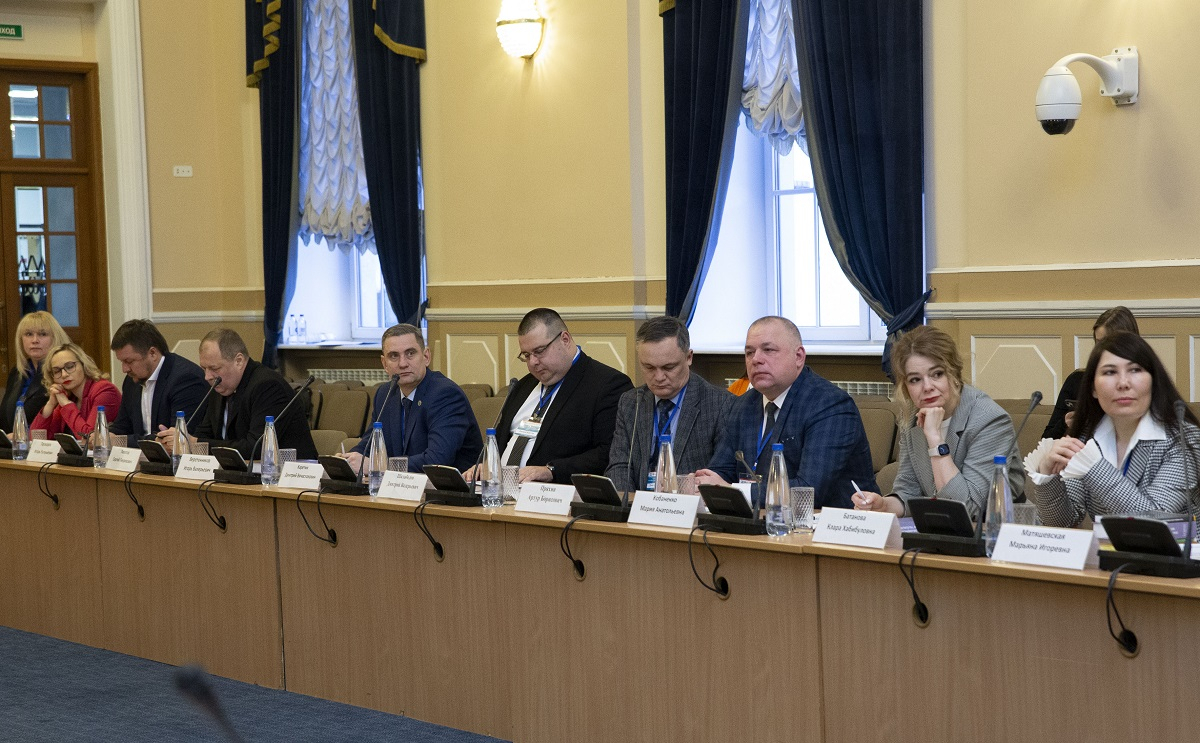
The conference participants also discussed the development of digital mechanisms. The experts believe that the transfer of property auctions to electronic form will make the procedure more accessible to participants, and the unification of the procedure will make it possible to obtain reliable information on projected and real budget revenues from the sale of property at the prices formed at the auction. As a tool for the implementation of this strategy, the Federal Antimonopoly Service is developing a document aimed at unifying 25 tender procedures, including tenders for the right to use water and subsoil resources and to lease forest land.
The conference was attended by: Andrei Bushev, Associate Professor at St Petersburg University and Judge of the Constitutional Court of the Russian Federation; Vladimir Popondopulo, Head of the Department of Commercial Law at St Petersburg University; Dmitry Petrov, Professor in the Department of Commercial Law, Academic Supervisor of the master’s programme "Lawyer in the Field of Financial Market (Financial Lawyer)" at St Petersburg University; Aleftina Timoshenko, Director of the Institute for Competition Development and Antimonopoly Regulation at St Petersburg University and Head of the master’s programme ‘Legal Protection of Economic Competition’; Rudolf Bauer, a doctoral student of St Petersburg University; and Gao Yu, Director of the One Belt One Road Research Institute of Energy Industry and Energy Law at Hebei University of Technology (the People’s Republic of China), a graduate of St Petersburg University.


